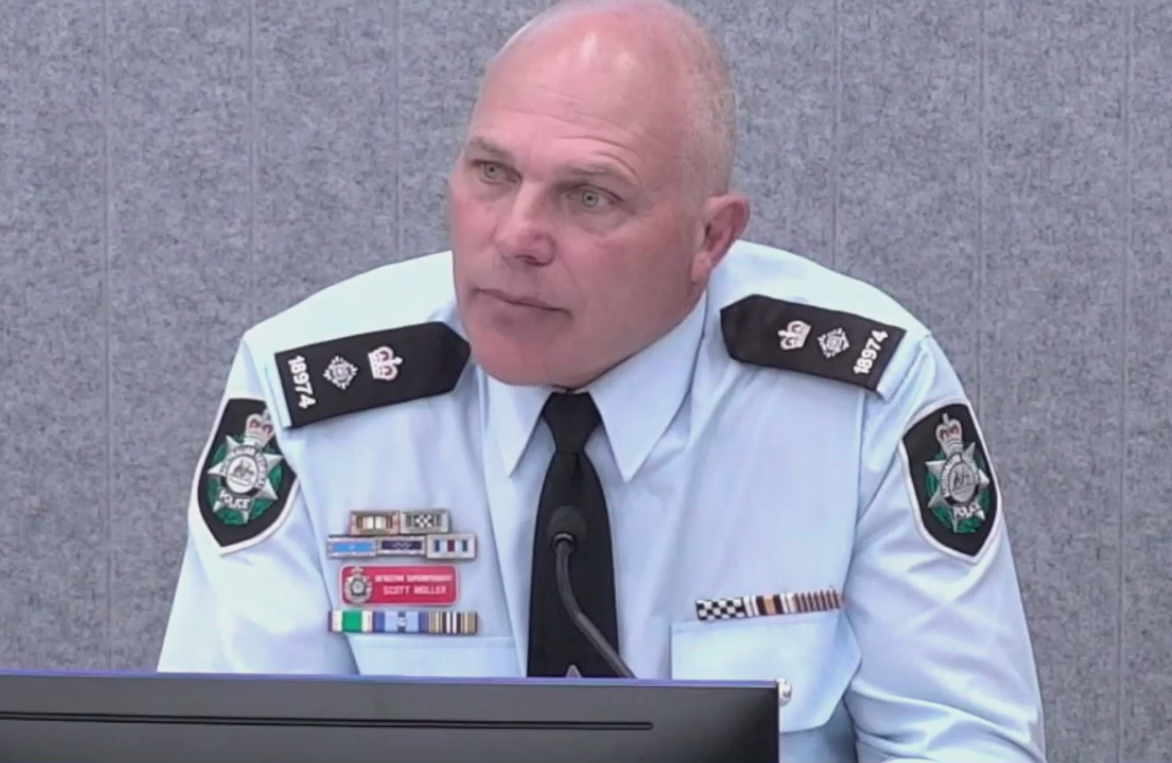
DS Scott Moller told the inquiry into the Bruce Lehrmann trial that he felt the Director of Public Prosecutions was deliberately collecting evidence against the police. Photo: Screenshot.
Police officers involved in the Bruce Lehrmann trial were under a “significant amount of pressure” to proceed with the case despite a collective belief among investigators that the evidence was insufficient, a senior police officer told the Board of Inquiry on Monday (22 May).
On the first day of the second module of the inquiry, Detective Superintendent Scott Moller said that there was a “desire to get this progressed” and this impacted the police’s actions during the trial, as well as causing a significant amount of stress among officers involved.
“We had a significant amount of external pressure from the media, we had Ms Higgins … wanting this to proceed, we had internal pressure that we needed to get this done,” DS Moller said.
He told the inquiry that, during a meeting with Deputy Chief Police Officer Michael Chew in August 2021 to discuss how long it was likely to take for the summons to be delivered to Mr Lehrmann, Commander Chew said the police needed to “go ahead” without following the normal adjudication process for the brief of evidence.
“His view was we don’t need to go through that adjudication process … the brief has already been looked at by the DPP, there’s an independent review of the brief, I want you to go ahead,” DS Moller said. He met with Commander Chew several days later and was given the same response, that the police needed to “move forward and do what we’ve got to do”.
DS Moller said that prior to briefing the Director of Public Prosecutions Shane Drumgold SC in June 2021, he held the view that the evidence was insufficient to substantiate a charge against Mr Lehrmann and that this was a collective view held by his investigators and expressed to him.
“The investigators definitely had not reached the threshold in their mind,” he said.
In later questioning, he maintained this view, telling the inquiry that in August 2021, he ultimately swore the summons for Mr Lehrmann to appear in court because he was aware of his investigators’ personal beliefs on the case.
“I swore the summons because I didn’t want to put my staff in the position where they had to do something they didn’t want to do, they didn’t believe in,” he said.
When asked by counsel assisting Joshua Jones whether the DPP’s advice in June had changed his state of mind when he served the summons, DS Moller said: “I didn’t think there was enough evidence, and then I received the director’s advice, and certainly from his advice, I decided to go ahead.”
DS Moller confirmed that he felt the statutory test for a summons before the Magistrates Court was satisfied “based on that advice”, but Mr Jones noted that this is a “low threshold” that only requires a suspicion.
DS Moller went on to answer questions about delivering the brief of evidence to Mr Lehrmann’s lawyer, John Korn.
The brief given to Mr Korn contained several pieces of evidence that should not have been disclosed, including Ms Higgins’ counselling notes, unredacted contact details and audio-visual evidence of Ms Higgins’ police interviews that should have been provided as a transcript only.
He told the inquiry that Detective Sergeant Robert Rose was chosen to deliver the brief and summons “because we didn’t have anyone else”.
“The stress of the investigation affected a lot of police,” he said.
“A number of police that worked for me have been unable to return to work as a result of the stresses of the investigation.”
DS Moller explained that, due to COVID-19 concerns, police officers planned to drive to the outskirts of Sydney to make a contactless delivery of the summons and brief of evidence.
“What happened was they took the summons but forgot the brief of evidence,” he said. A former ACT Policing colleague now working in Sydney was able to access the files and send them to Mr Korn on a USB drive and serve it for them.
When asked whether it was unusual for a brief of evidence to be delivered directly to the defence, he reiterated that there was “a need to get it all done, as per Mr Chew’s direction” and that “he absolutely didn’t need to [explain why this was done outside of normal procedures] … I was living the pressures.”
The brief of evidence has already been the subject of considerable discussion due to the confidential evidence that was mistakenly disclosed. Mr Drumgold told the inquiry on 9 May that Ms Higgins had “raised concerns that information was deliberately being disseminated by police”.
In an email to DS Moller in September 2021, Mr Drumgold voiced his concerns that the brief would “become relevant to a fact in issue, as well as credibility issues”. He asked him several questions about the creation of the brief and the circumstances of its delivery. He also requested statements from the police to support this.
DS Moller told the inquiry today that these statements were prepared but, to his knowledge, were never used. When asked why he believed they were requested, he said: “I felt like … the DPP was attempting to collect evidence against the police for use at a later time … to show criticism towards the police.
“I had that feeling very early on … it caused me quite a lot of concern for myself and my investigation team, so much so that we continually second-guessed ourselves about what we were doing and how we were doing it.”












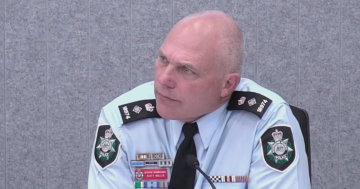
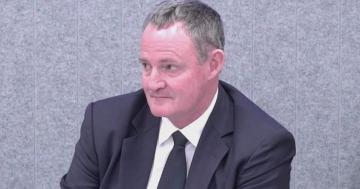
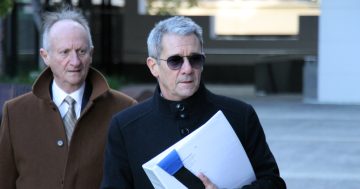

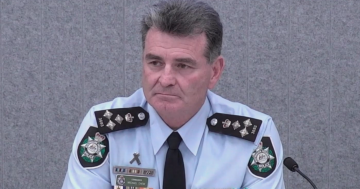
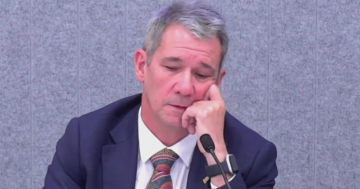


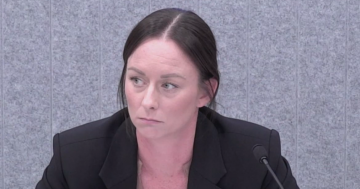

Thanks Stephen. I think we're safest when these decisions are made in the light. And yes, it's been… View